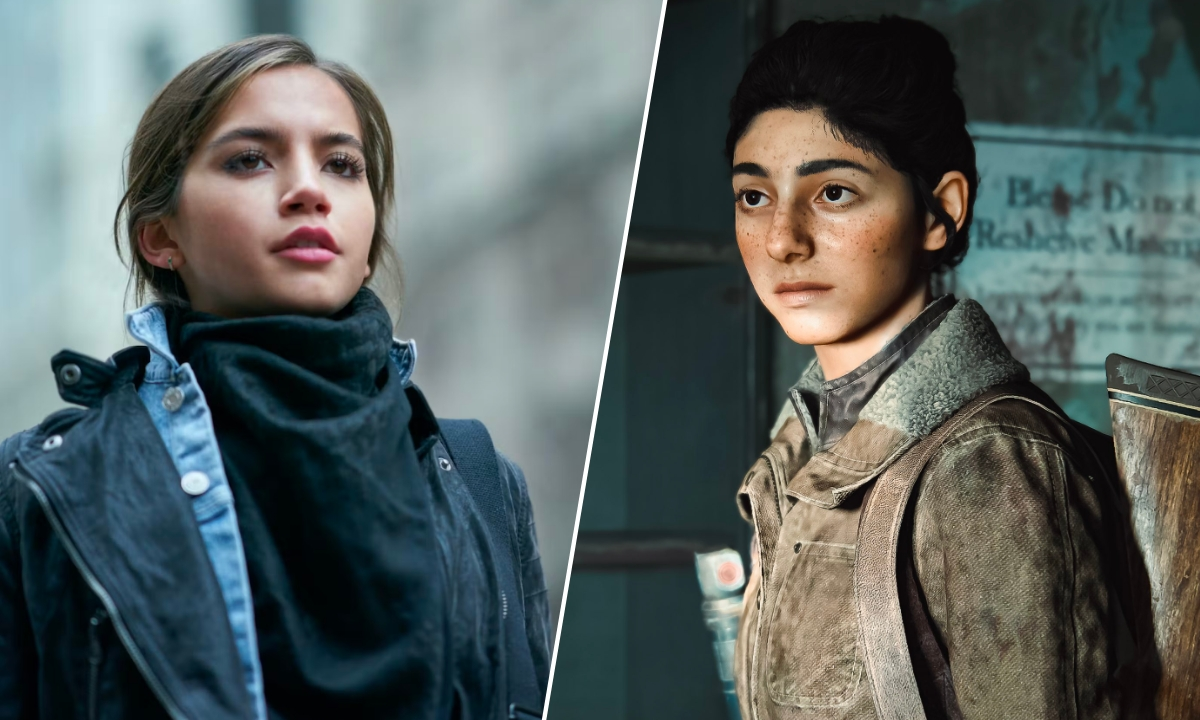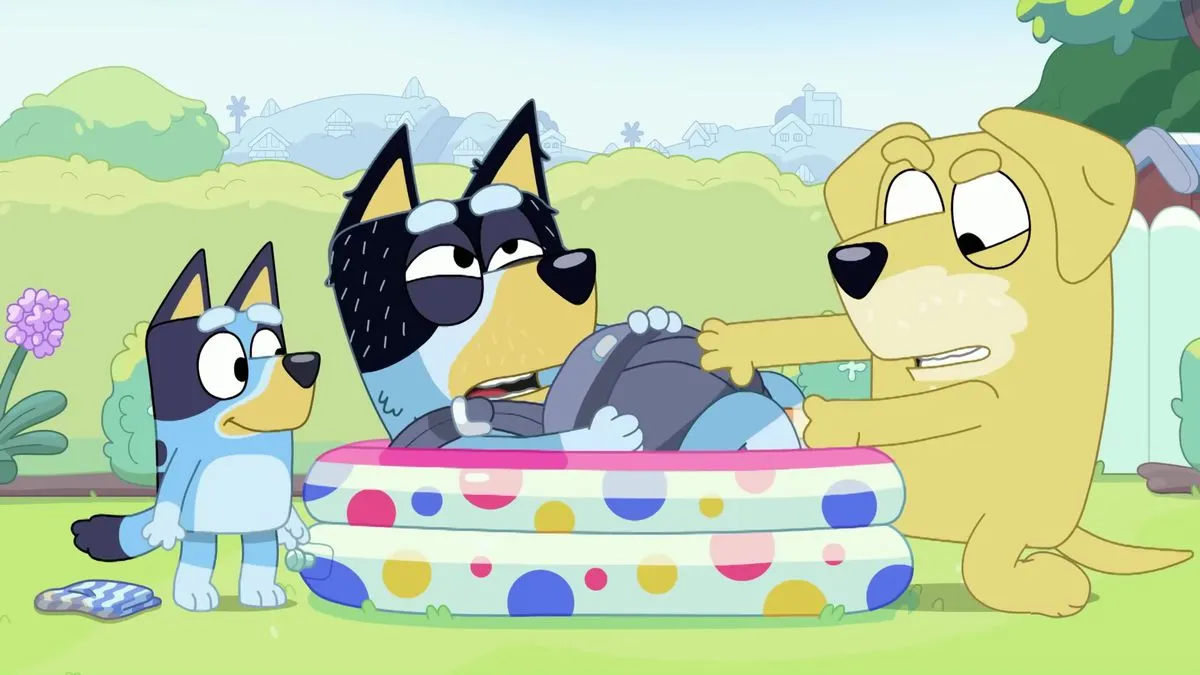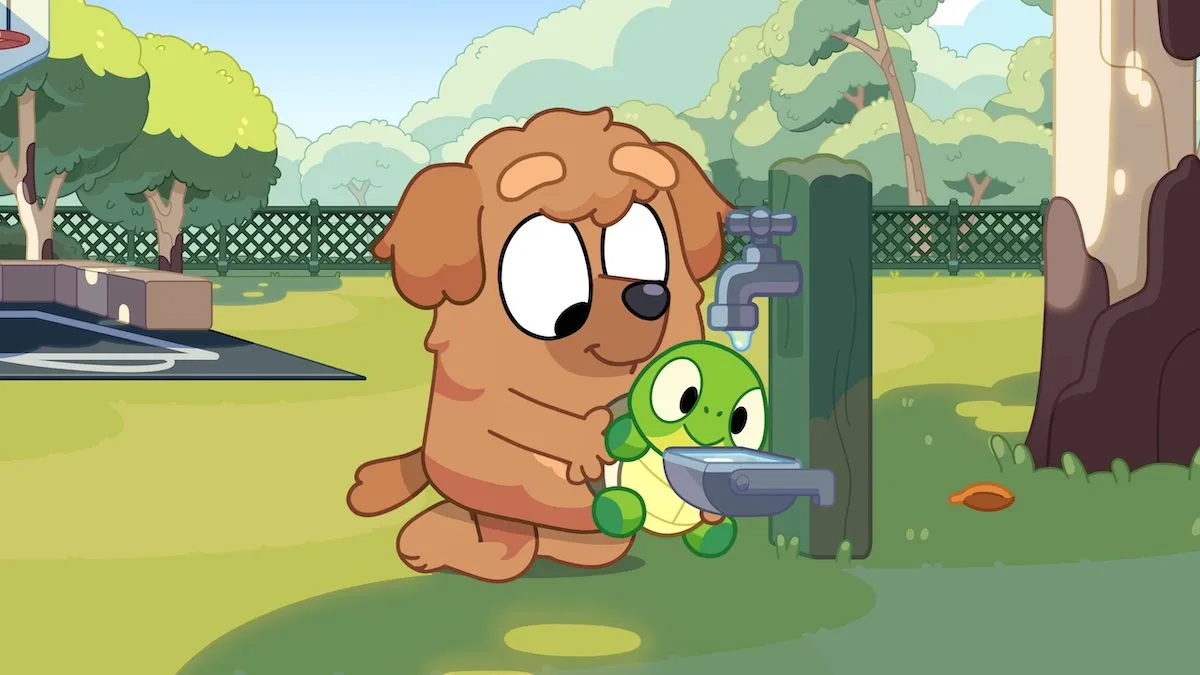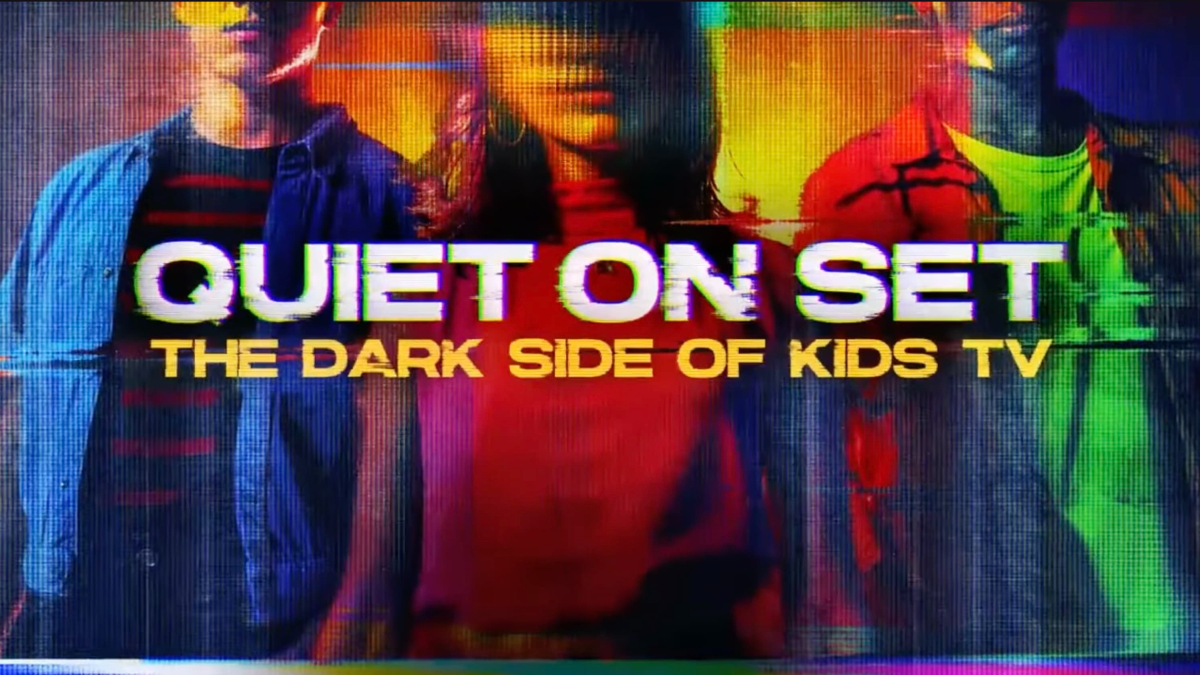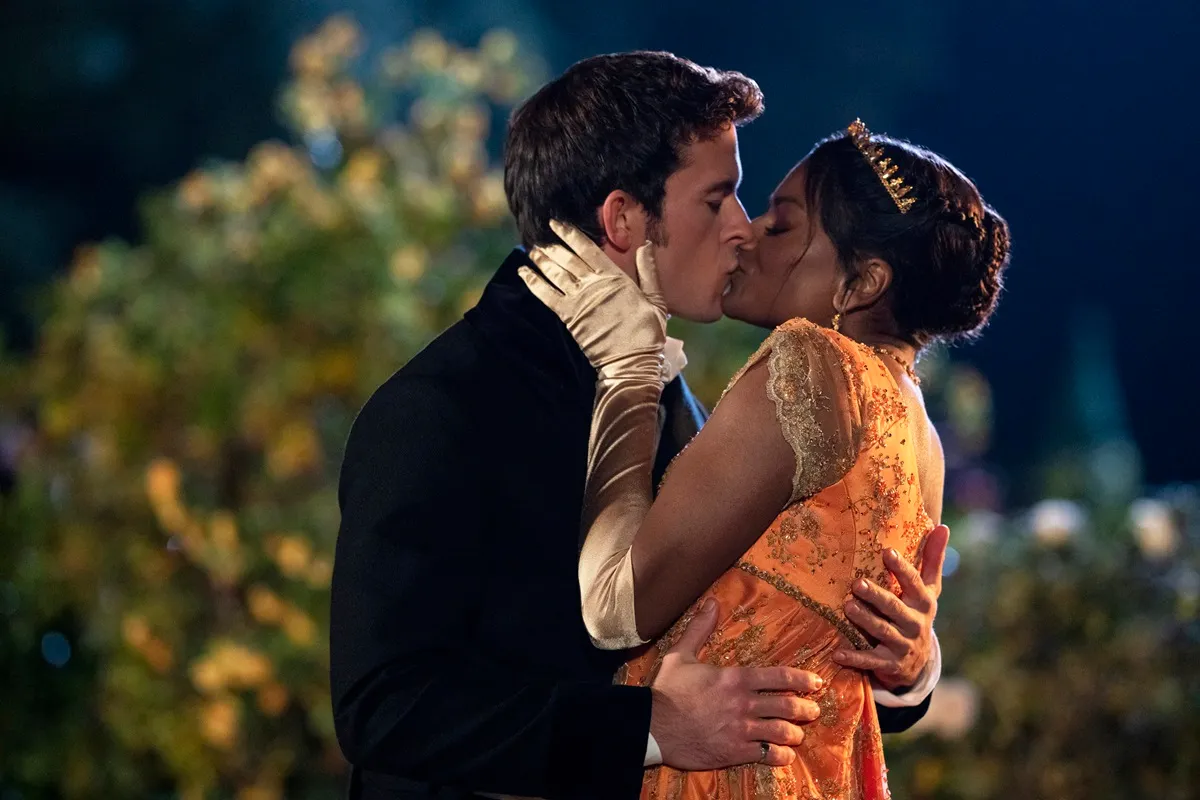As a bisexual Jew, I love Dina in The Last of Us, Part II. As a Latina, I was thrilled when Pedro Pascal and Gabriel Luna were cast as the Miller brothers in HBO’s The Last of Us. Recently, we learned that Isabela Merced has been cast as HBO’s Dina, and I hate that I’m having such mixed feelings.
I want to be clear that my mixed feelings have nothing to do with Merced herself. She’s talented; I was already excited about her bringing Aña Corazón to life in the upcoming Madame Web, and even watching the Madame Web trailer, you can see traces of the humor, snark, and toughness that anyone playing live-action Dina would need. My feelings have nothing to do with her “not looking the part,” or being Latina.
It has to do with her not being Jewish, and playing a role where the character’s Jewishness is integral to her story.
Rooting for everyone Latine

After watching the brilliant first season of TLOU, which features two Latinos as Joel and Tommy, the rallying cry in my brain became, “Show me the Latinas!” TLOU gave us Black women and girls (Merle Dandridge, Storm Reid, and Rutina Wesley, among others), a Native woman (the scene-stealing Elaine Miles), and an Asian woman (Christine Hakim as the doctor who first identifies the danger of the cordyceps threat).
Yet, despite Latines being about 19% of the U.S. population, there were no Latinas featured prominently in season 1—on a show where characters are traveling across the whole United States. Maybe they all got infected?
I started fantasizing about the possibilities for season 2. I thought about the existing Latino character Manny, a WLF soldier and Abby’s bestie in TLOU, Part II. I thought, ‘Manny’ could easily be short for Manuela, and that character could be written for a woman while changing little else.
I thought about new Latina characters who could emerge in season 2. Characters who, like Melanie Lynskey’s Kathleen, aren’t in the original games, but might be created to represent certain types of characters in this fungus-ridden world. I still hope for those!
My first response to hearing about Merced’s casting was pure excitement and joy! Finally, I thought, there’s a prominent Latina character on my favorite show, and a Latina gets to play in the TLOU sandbox!
My second response: Why did it have to be Dina?
Why Dina’s casting has me tied in knots while Joel’s and Tommy’s didn’t
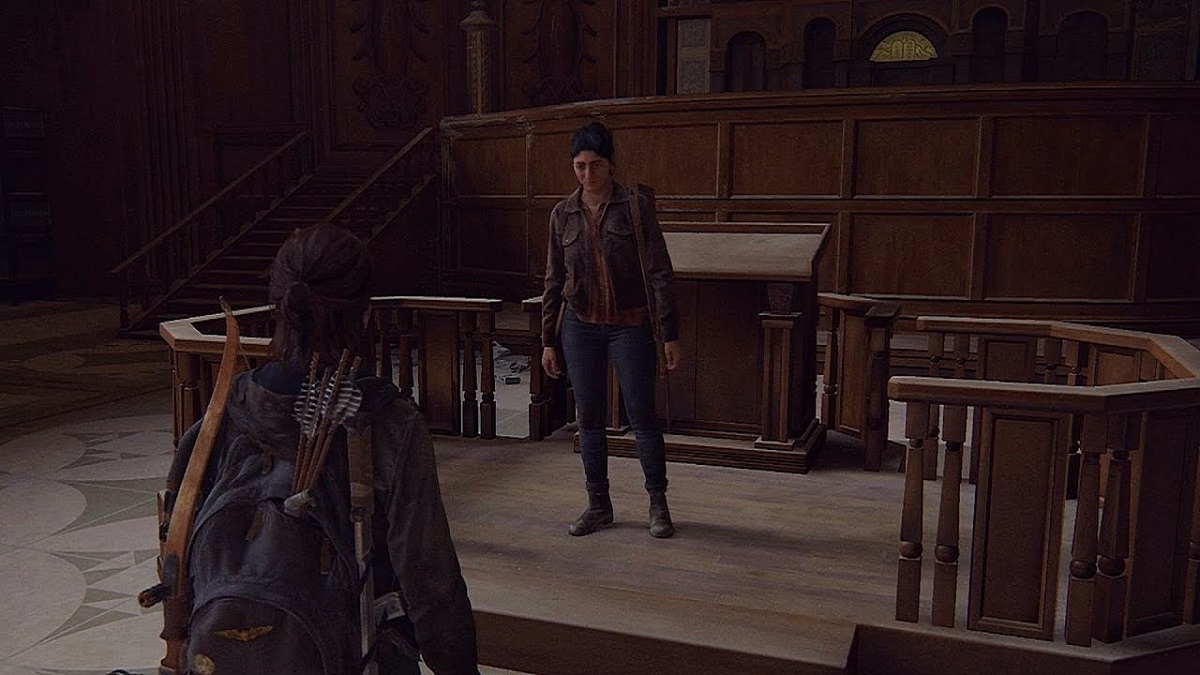
When Pascal and Luna were cast, I was nothing but enthusiastic. Their casting acknowledged that “Latine stories” don’t have to be defined by immigrant status or issues of “culture shock.” Casting Pascal and Luna also demonstrated that characters need not default to white if culture isn’t at the forefront of who they are. Being an “all-American white guy” isn’t important to who Joel Miller is.
For Dina, however, being Jewish is integral to who she is—so much so that there’s a whole scene about it in TLOU, Part II, when Ellie and Dina end up in a synagogue:
In the scene, Dina talks about “coming from a long line of survivors.” When she and Ellie find an intact Torah scroll, Dina mentions that when she lived in New Mexico, the scroll they used was half-burnt, and seems relieved that this one wasn’t destroyed. Dina’s Jewish heritage matters to her, and while she’s not religious, she’s culturally connected to her Jewishness while leaving the door ajar for spirituality.
While there are certainly plenty of working Jewish actors, and there are several who play explicitly Jewish characters (Crazy Ex-Girlfriend‘s Rachel Bloom and New Girl‘s Max Greenfield come to mind), it seems that more often than not:
- Jewish actors play roles that aren’t Jewish at all, or Jewish in name only (see: The Goldbergs). It’s the opposite of the problem with Latine representation, where a Latine character’s culture is often all they are. For characters played by Jewish actors it’s often, “What culture?”
- Jewish actors play roles that are stereotypically Jewish—i.e., upper-class professionals who have money and care very much about it while being kinda shady.
- Non-Jewish actors play Jewish protagonists for whom the character’s Jewishness is a big part of their identity (Maestro, Golda, The Marvelous Mrs. Maisel, Moon Knight, the Rachel Sennott vehicles Shiva Baby and Tahara).
So, while I’m thrilled that we have a prominent Latina in The Last of Us, and I can’t wait to see Merced take on this pivotal role, part of me feels disappointment. And a little nervousness, too.
Keeping hope alive for Dina
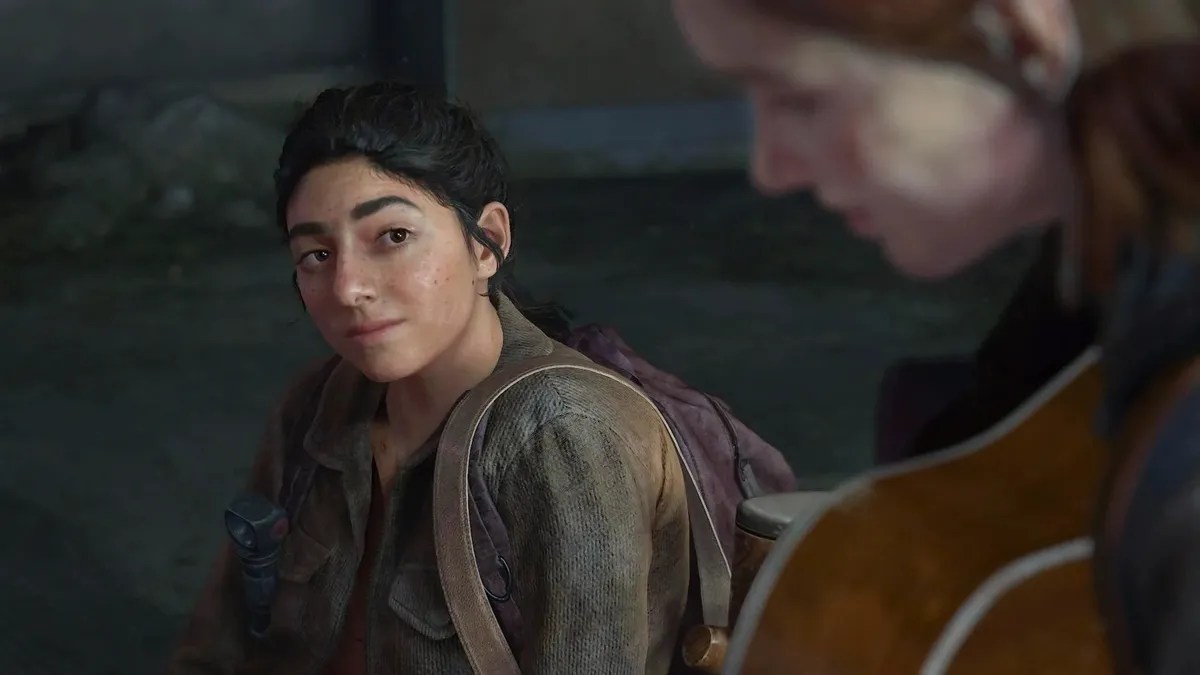
I’m a Latina Jew, and while most Jews know that Jews of Color exist in theory, there’s usually at least a little surprise among American Jews when you introduce yourself as one. When Jews talk about “being Jewish,” the conversations tend to be very “Ashkenormative” (favoring the experiences of Ashkenazi Jews, descended from Central or Eastern Europe). And what little explicitly Jewish representation exists in film and TV is Ashkenormative, too, save some gems like Cindy’s Jewish journey on Orange is the New Black.
White supremacists would love nothing more than for people to see Jews as “white people” so that they don’t take antisemitism seriously or consider Jews as a varied people in diaspora. It’s much easier to have a cultural scapegoat that way. And when media feeds you nothing but white Jews not being particularly Jewish, or white, non-Jewish actors playing Jews, it’s easy for even Jews to see only the whitewashed version of themselves.
TLOU co-showrunners Craig Mazin and Neil Druckmann are both Jewish, so I’m not worried about them “getting Jewish stuff right.” What concerns me is that, in casting a Latina in this role, they’ve decided to have the character be Latina instead of Jewish, rather than having the character be Latina and Jewish, simply because it doesn’t often occur to American Jews that Latine Jews are a thing.
I hope I’m wrong about that. I hope that one of Dina’s identities isn’t erased for the sake of another.
That said, if they maintain Dina’s Jewish identity, it’s a shame that, once again, an explicitly Jewish role will be played by a non-Jew. Not only should characters from marginalized communities be played by members of those communities because those actors deserve the opportunity to take part in telling their own stories, but from a production standpoint, those actors already have a shorthand with the material. That’s less time an actor needs to spend doing research or having things explained to them. (Or sitting in the makeup chair. Ugh.)
I have no idea if Merced is a member of Team Rainbow Flag or not, and that would require some additional unpacking. Regardless, I’m still a bisexual woman looking forward to seeing one of my favorite fictional queer couples find each other. And as I said regarding Kaitlyn Dever’s casting as Abby, in Mazin I trust.
I’m sure that once I see the finished season, it’ll be great. And there are few things more Jewish than finding joy in something you’re also incredibly anxious about.
(featured image: Netflix / Naughty Dog)



